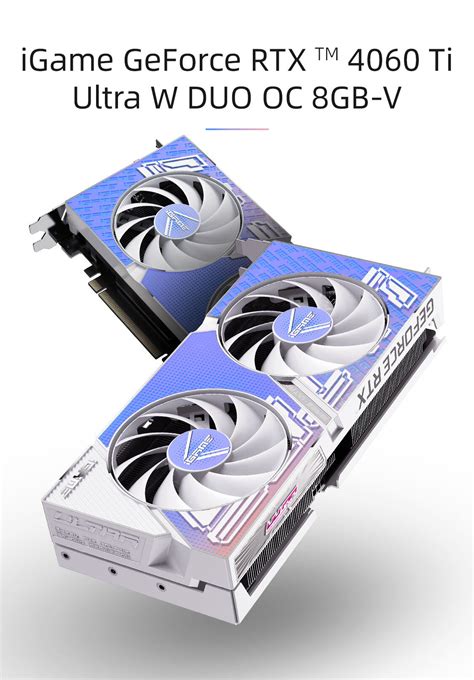8GB: Unleashing the Power of Memory
In the realm of computing, memory plays a pivotal role in enabling seamless performance and efficient data processing. Among the various memory configurations available, 8GB stands out as an optimal choice for a wide range of applications, offering a balance of speed, capacity, and affordability.
The Importance of 8GB Memory
With the increasing demands of modern software and operating systems, 8GB of memory has become essential for smooth multitasking and handling resource-intensive applications. It allows the computer to load and execute multiple programs simultaneously without encountering significant slowdowns or freezing. For basic tasks such as web browsing, email, and document editing, 8GB provides ample headroom for seamless operation.
Benefits of 8GB Memory
-
Enhanced Multitasking: 8GB of memory enables the simultaneous execution of multiple applications, allowing users to switch between them effortlessly.
-
Faster Loading Times: With more memory available, the computer can load applications and data faster, reducing wait times and improving productivity.
-
Improved Responsiveness: Applications running on 8GB of memory will exhibit better responsiveness, reducing frustration and improving the overall user experience.
-
Extended System Life: By providing sufficient memory for current and future software requirements, 8GB helps extend the lifespan of a computer, reducing the need for frequent upgrades.
-
Enhanced Gaming Performance: For casual and mid-range gaming, 8GB of memory is sufficient to handle most games at low to medium settings, ensuring an enjoyable gaming experience.
Effective Strategies for Using 8GB Memory
-
Close Unnecessary Programs: Regularly close programs that are not in use to free up memory for active tasks.
-
Use Browser Extensions: Install browser extensions that block ads and trackers to improve memory utilization.
-
Monitor Resource Usage: Use task manager or system monitoring tools to keep track of memory usage and identify areas for optimization.
-
Upgrade to Faster RAM: Consider upgrading to DDR4 or DDR5 RAM with higher frequencies to improve memory performance.
-
Disable Startup Applications: Disable unnecessary applications from running at startup to reduce memory consumption.
Tips and Tricks for Optimizing 8GB Memory
-
Restart the Computer Regularly: Rebooting the computer clears the memory cache and frees up memory for new tasks.
-
Clean Up Temporary Files: Delete temporary files and cache from the computer to free up disk space and reduce memory usage.
-
Use a Memory Cleaner Tool: Employ a dedicated memory cleaner tool to automatically remove unused memory from the system.
-
Consider Virtual Memory: Enable virtual memory to use a portion of the hard drive as extended memory, but be aware that it can slow down performance.
-
Keep Software Updated: Regularly update software and drivers to avoid memory leaks and performance issues.
How to Approach Using 8GB Memory Step-by-Step
-
Monitor Memory Usage: Use task manager or system monitoring tools to track memory usage and identify areas for improvement.
-
Close Unnecessary Programs: Regularly close programs that are not in use to free up memory for active tasks.
-
Use Browser Extensions: Install browser extensions that block ads and trackers to improve memory utilization.
-
Consider Hardware Upgrades: If possible, upgrade to faster RAM or add more memory modules to increase memory capacity.
-
Optimize Software Settings: Adjust software settings to reduce memory consumption whenever possible.
Success Stories with 8GB Memory
1. Independent Filmmaker: A filmmaker used 8GB of memory in their laptop to edit short films and create digital effects. The memory allowed them to simultaneously run video editing software, audio tools, and other applications without experiencing any slowdowns.
2. Freelance Web Developer: A freelance web developer used 8GB of memory in their desktop computer to design and develop websites. The memory enabled them to run multiple browsers, design tools, and databases simultaneously, improving their productivity.


3. Student: A student used 8GB of memory in their laptop to handle multiple research projects and write essays. The memory allowed them to open numerous tabs in their browser, run citation management software, and edit documents seamlessly.
What We Can Learn from These Success Stories
- 8GB of memory is sufficient for a wide range of everyday tasks, including multitasking, web browsing, and light gaming.
- Optimizing memory usage through regular cleaning and monitoring can significantly improve system performance.
- Investing in faster RAM or additional memory modules can enhance memory performance and extend the lifespan of a computer.
Advanced Features of 8GB Memory
-
Dual Channel: Using two memory modules in dual channel configuration can improve memory bandwidth and performance.
-
XMP Profile: XMP profiles allow users to overclock their memory modules to achieve higher speeds and reduced latency.
-
ECC Support: Error-correcting code (ECC) memory modules can detect and correct data errors, enhancing system stability.
Conclusion
8GB of memory is an optimal choice for users who require a balance of speed, capacity, and affordability. By implementing effective strategies and optimization techniques, users can harness the full potential of 8GB memory to enhance their computing experience, improve multitasking capabilities, and extend the lifespan of their devices.

